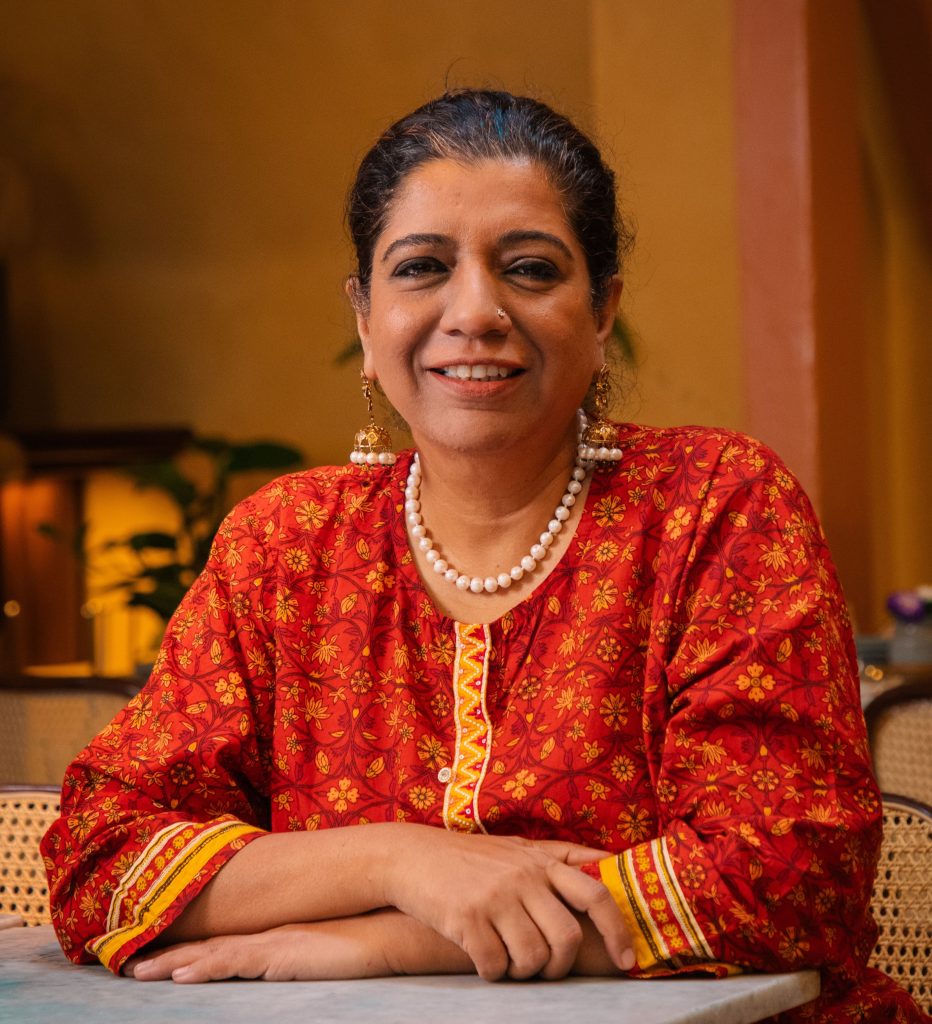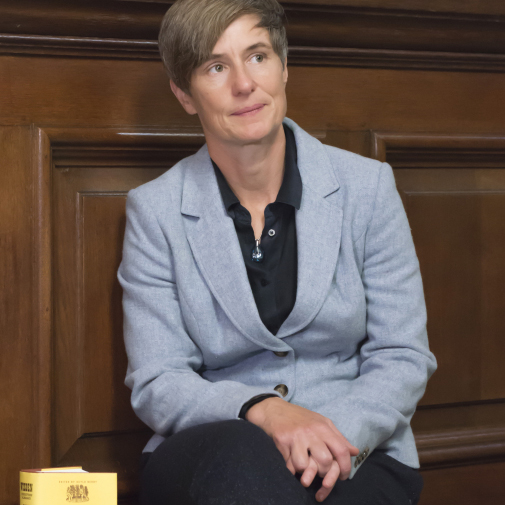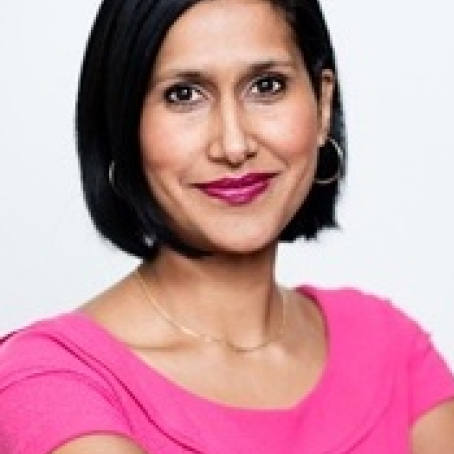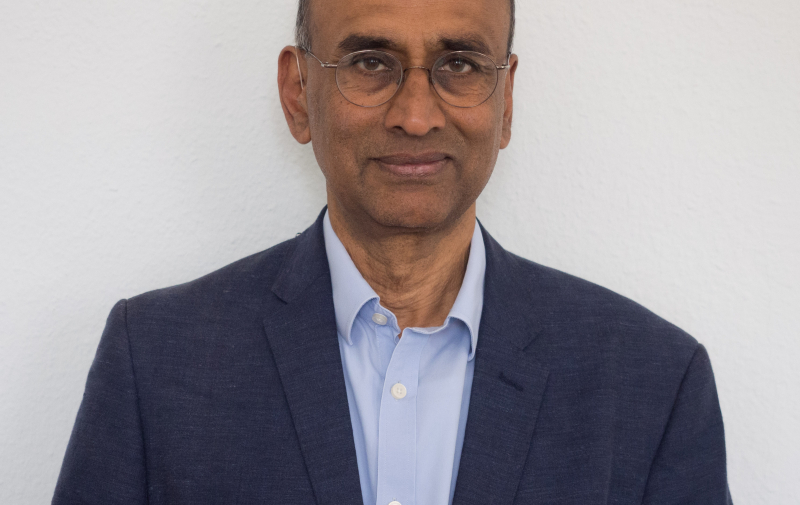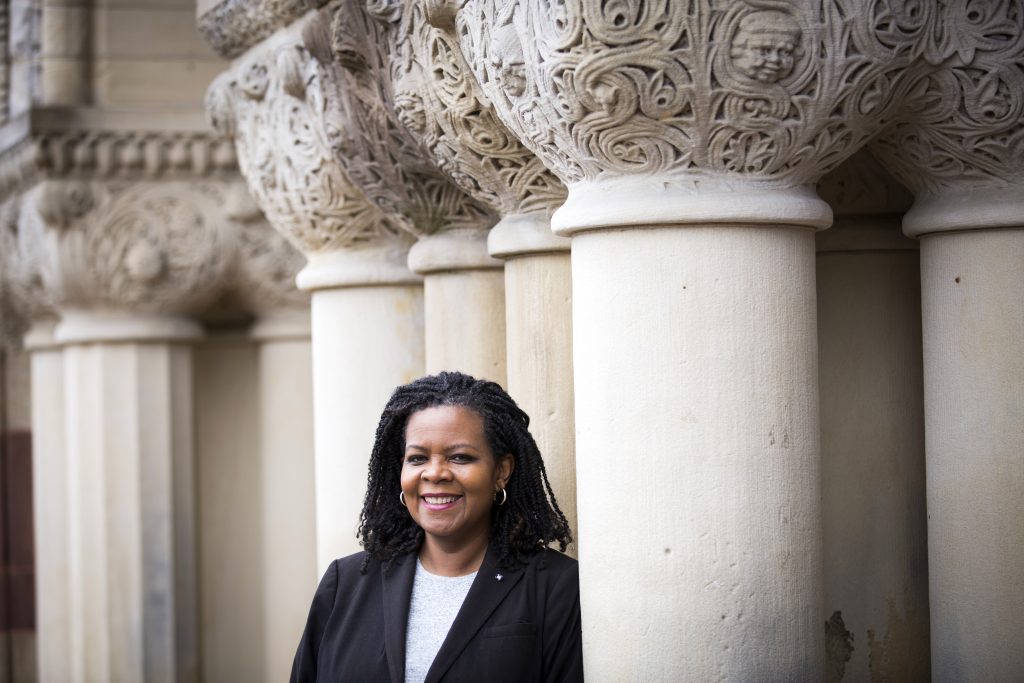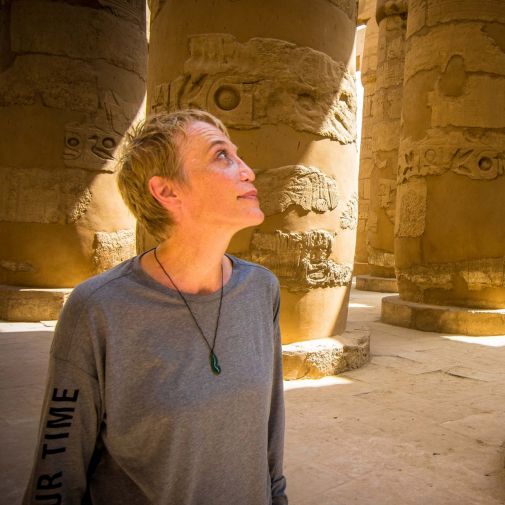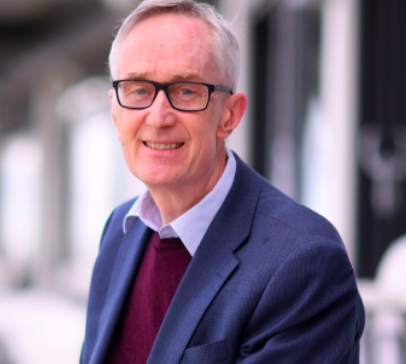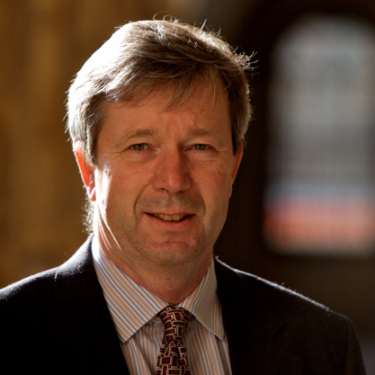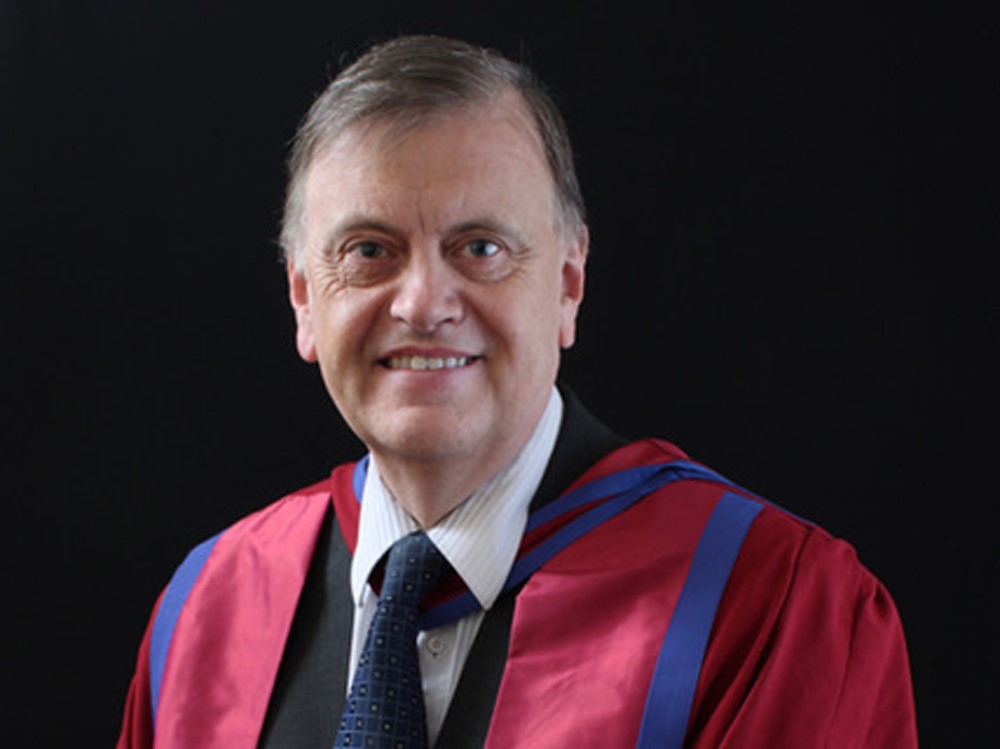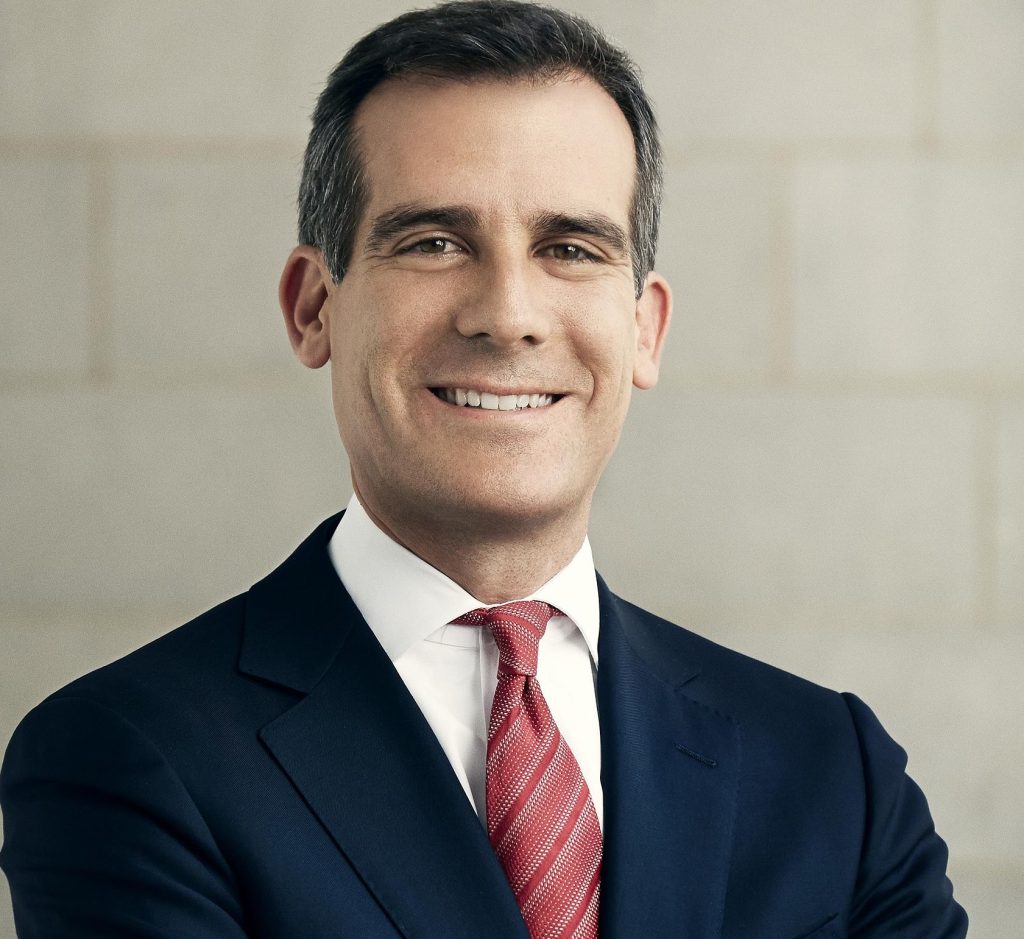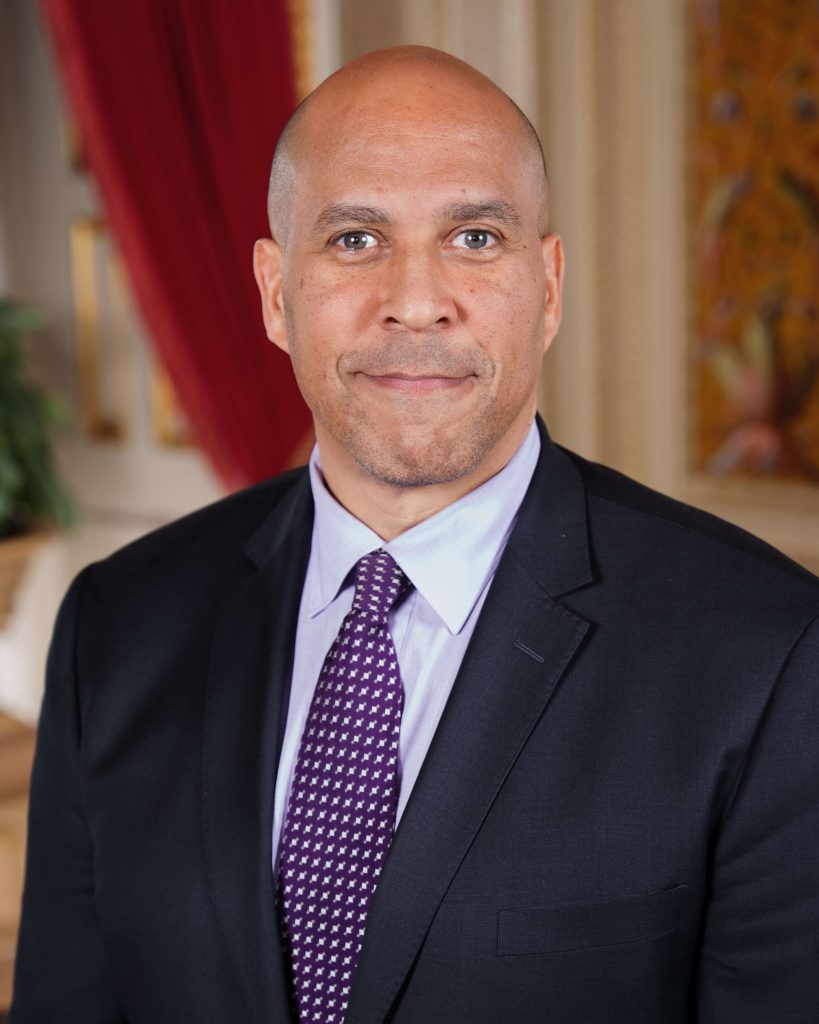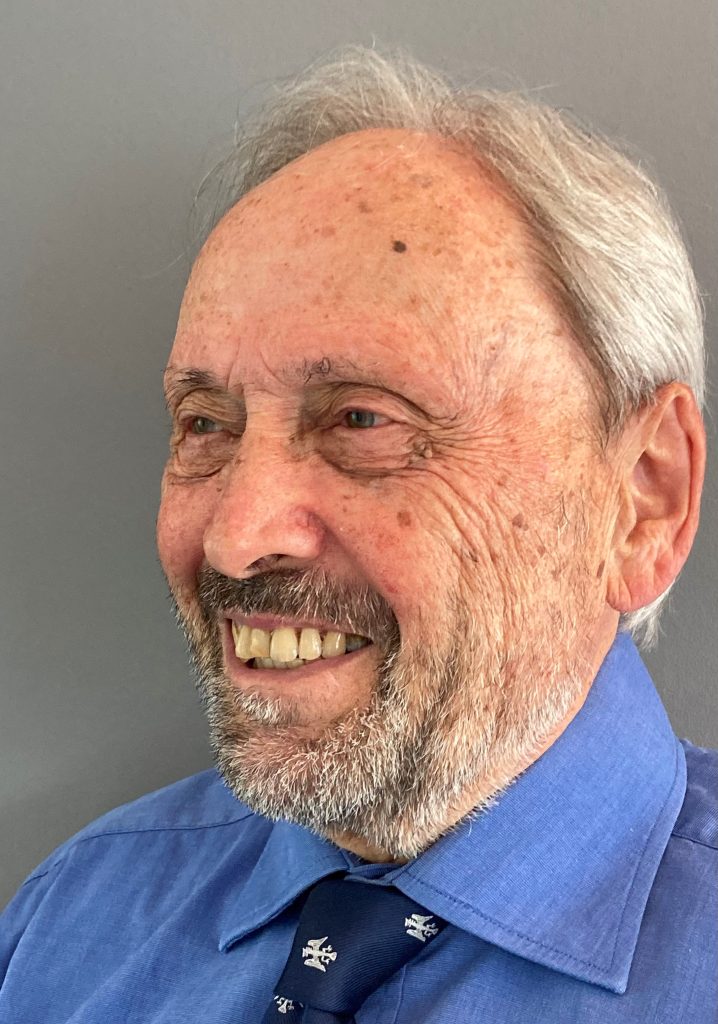Indian-born British restaurateur Asma Khan is a trailblazer in London’s culinary scene and an outspoken activist. Her Michelin Guide restaurant, Darjeeling Express, known for its revolutionary all-female kitchen has become a favourite of Hollywood A-listers while remaining a safe space for women. Through authentic, homestyle food, it has risen to the upper echelons of the food world while staying true to Khan’s commitment to grassroots social and environmental causes.
In 2024, TIME magazine named her one of the world’s 100 most influential people. She is a chef advocate for the UN World Food Programme and holds honorary fellowships from Queen’s College, Oxford, and King’s College London, where she earned a PhD in British Constitutional Law.
Khan was the first British chef on Netflix’s Chef’s Table and has appeared on Celebrity MasterChef and Top Chef. Her third cookbook, Monsoon, celebrates seasonal Indian home cooking. In 2025, she will host the 10-episode series ‘Secrets of the Curry Kitchen’ on the Food Network and become the first patron of the Sodexo Stop Hunger Foundation, championing food justice.
